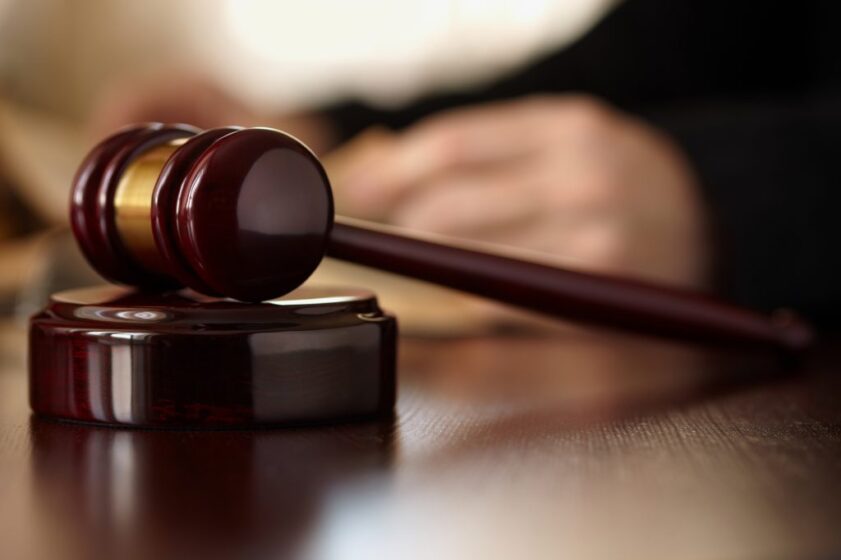Car Accident
Unlike giving a statement to your own insurance company in the wake of a serious automobile accident, giving any type of statement to the other side’s insurance company after a loss is always optional [at least until litigation is commenced] This article explores the points and counterpoints involved in that decision-making process, but the author ultimately concludes that giving a statement to the insurance company and the potential benefits that flow therefrom outweigh any risks involved with the giving of such a statement. The proviso is that, as with most things, proper preparation is key.
One argument against giving a statement to the other side’s insurance company holds that there is a record written, and potentially under oath, that will have the effect of “locking you in” to a story, both in terms of how the accident happened, and the consequences of that accident with respect to injury and loss. While that might not always be a bad thing, the insurance company will ultimately be your adversary in the claim. There is also a risk that you could potentially be asked about prior injuries or pre-existing conditions and give the insurance company information that they might not necessarily otherwise be entitled to at this stage of the case. Likewise, an insurance company may not be aware of information that you unwittingly divulge during your statement, and that information could potentially later be used to deny the very claim that generated the statement in the first place.
Finally, your statement and the phrases and terminology you use in your statement could later be used against you. For example, if in an effort to convey that while you were injured in an accident, it was not serious enough to require a hospital stay, and you so state to the insurance adjuster asking you the questions. You may have meant that you didn’t have debilitating, permanent injuries that require hospitalization. Don’t be surprised however, to find out that a very skilled, very effective personal injury defense attorney uses that statement. at your trial to show that immediately after the accident, you contended that you weren’t seriously injured, and questioned if you’re injured at all.
The principal benefit in giving a statement to the other insurance company after an automobile accident is that it may, in appropriate circumstances, lead to the prompt resolution of that claim. Any person that has sustained personal injury, wants to obtain prompt compensation for their loss and a speedy and prompt resolution of their claims. Getting one’s story in the hands of the other side immediately can, and in a clear liability place, frequently does lead to quicker and more prompt resolution of the claims process Clearly, this is not always the case, and if liability is contested in the case, giving a presuit statement would infrequently lead to a prompt settlement. The other proviso here is that the injured person should not give an off the cuff, or “on the fly” statement to an insurance company. Ideally prior to speaking to the other side, that person will have consulted with a seasoned and experienced personal injury attorney of their choosing. This experienced lawyer will offer guidance as the client receives the benefit of years of training and experience in what questions to answer, what questions are objectionable, and the best way to present the details of the case.

